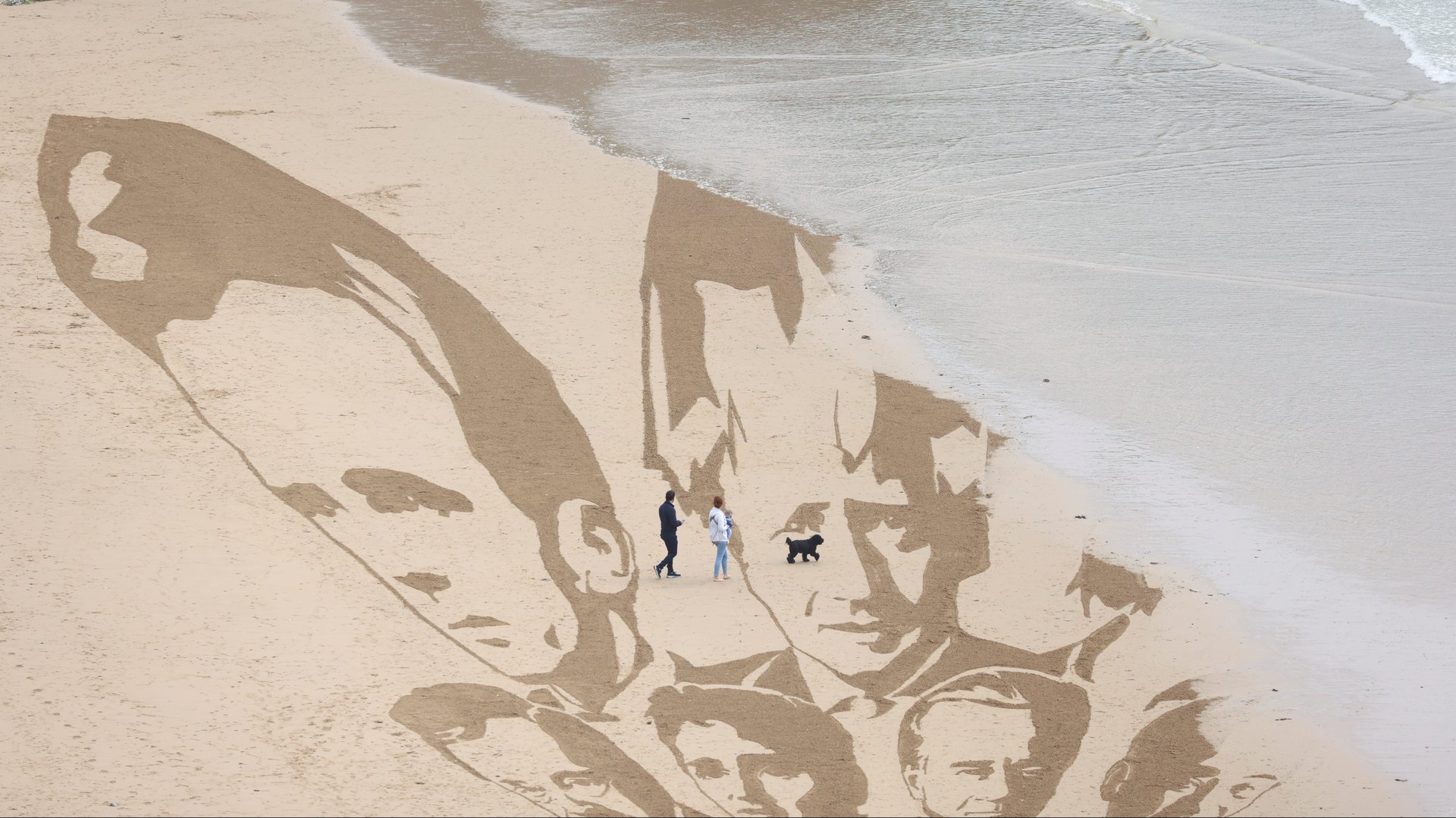The G7’s vaccine pledge is at least 5 billion doses short
The Group of Seven (G7), a coalition of the world’s seven wealthiest democracies, announced on June 13 it will purchase and donate 1 billion vaccine doses to low-income countries over the next 12 months, with at least 700 million doses distributed before the end of this year.


The Group of Seven (G7), a coalition of the world’s seven wealthiest democracies, announced on June 13 it will purchase and donate 1 billion vaccine doses to low-income countries over the next 12 months, with at least 700 million doses distributed before the end of this year.
This is a historic commitment. It is also one that falls far short of the global need, particularly at a time when the Delta variant, against which existing vaccines are less effective, is spreading rapidly.
The new doses will be added to the 2 billion doses the Covax partnership—an international coalition to distribute vaccines to low-income countries—plans to secure by the end of 2021. These doses are meant to be distributed by the end of 2023.
The bulk of the donation will come from the US, which has alone pledged 500 million doses, followed by the UK, which is committed to 100 million. The majority of the vaccines will be shared through Covax, while some will be distributed according to bilateral agreements, through which donating countries essentially retain the power to leverage vaccines as a tool of diplomacy.
10 billion doses too short
Currently, about 21% of the global population has received at least one dose of a Covid-19 vaccine. But the distribution of the doses is wildly uneven. Rich countries are well on their way to provide full immunity to all the adults who wish to be vaccinated within the next few months, but less than 1% of those living in poor countries have received any doses.
Even if a billion doses were distributed by the end of the year, that would cover only about a fourth of the population still waiting for a vaccine in poor countries—and that too, would give them only one dose.
According to an estimate from the World Health Organization, the world needs 11 billion doses, equitably distributed between all countries, to reach 70% of vaccine coverage, and herd immunity. Currently, Covax has shipped less than 90 million doses to 130 countries. Excluding wealthy countries and China from the count, the rest of the world still needs at least 6 billion doses to reach 70% immunity.
As United Nations secretary-general António Guterres noted in a comment following the G7 announcement, the donation doesn’t replace a global vaccination plan. Such a plan should make doses available immediately—including by speedier redistribution of doses currently in the hands of wealthy countries—and would push for Covax funding that doubles production and vaccine availability through the program in the short term.
In the absence of funding for speedier distribution, as well as patent waivers and a non-profit model extended to all western vaccine makers—so far, only AstraZeneca and Johnson & Johnson are making their doses available at cost—poor countries remain at risk of deadly Covid-19 waves, and the whole world will be vulnerable to new aggressive variants.